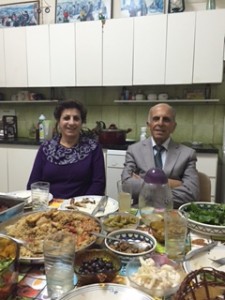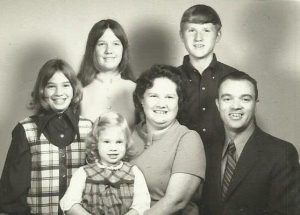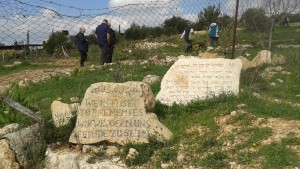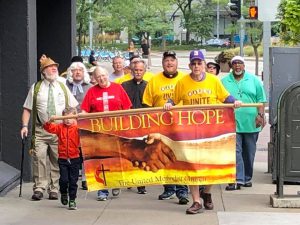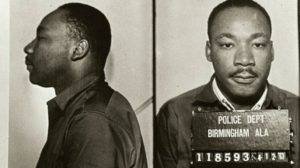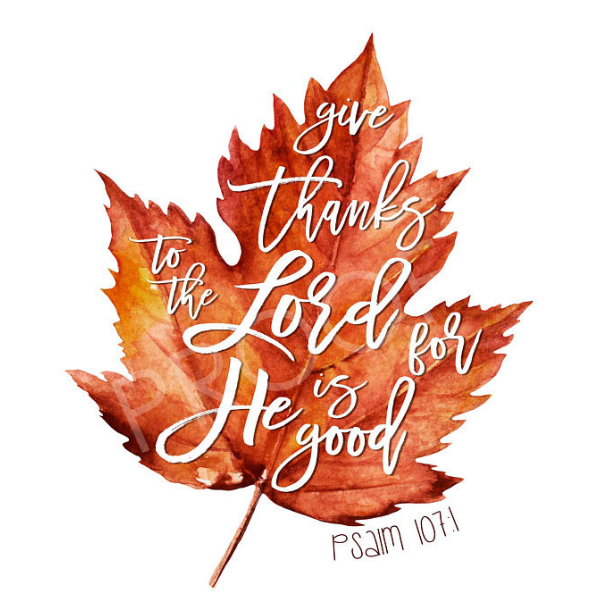
FOREWORD: In Sunday’s worship service, my pastor (and former student!) Karen Slusser led us in this beautiful thanksgiving litany, from poet, theologian, and civil rights activist Howard Thurman. I share it with you for your own meditation and devotion this festive week. God bless you, friends–Happy Thanksgiving!
Howard Thurman’s Thanksgiving Prayer
Today, I make my Sacrament of Thanksgiving.
I begin with the simple things of my days:
Fresh air to breathe,
Cool water to drink,
The taste of food,
The protection of houses and clothes,
The comforts of home.
For all these I make an act of Thanksgiving this day!
I bring to mind all the warmth of humankind that I have known:
My mother’s arms,
The strength of my father
The playmates of my childhood,
The wonderful stories brought to me from the lives
Of many who talked of days gone by when fairies
And giants and all kinds of magic held sway;
The tears I have shed, the tears I have seen;
The excitement of laughter and the twinkle in the
Eye with its reminder that life is good.
For all these I make an act of Thanksgiving this day
I finger one by one the messages of hope that awaited me at the crossroads:
The smile of approval from those who held in their hands the reins of my security;
The tightening of the grip in a simple handshake when I
Feared the step before me in darkness;
The whisper in my heart when the temptation was fiercest
And the claims of appetite were not to be denied;
The crucial word said, the simple sentence from an open
Page when my decision hung in the balance.
For all these I make an act of Thanksgiving this day.
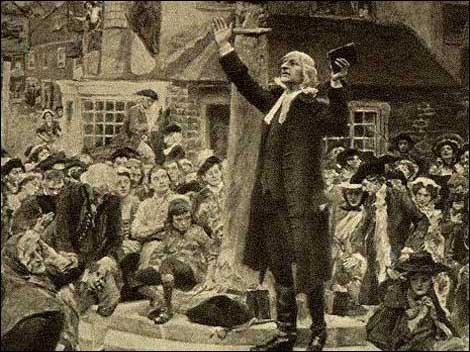
I pass before me the main springs of my heritage:
The fruits of labors of countless generations who lived before me,
Without whom my own life would have no meaning;
The seers who saw visions and dreamed dreams;
The prophets who sensed a truth greater than the mind could grasp
And whose words would only find fulfillment
In the years which they would never see;
The workers whose sweat has watered the trees,
The leaves of which are for the healing of the nations;
The pilgrims who set their sails for lands beyond all horizons,
Whose courage made paths into new worlds and far off places;
The saviors whose blood was shed with a recklessness that only a dream
Could inspire and God could command.
For all this I make an act of Thanksgiving this day.
I linger over the meaning of my own life and the commitment
To which I give the loyalty of my heart and mind:
The little purposes in which I have shared my loves,
My desires, my gifts;
The restlessness which bottoms all I do with its stark insistence
That I have never done my best, I have never dared
To reach for the highest;
The big hope that never quite deserts me, that I and my kind
Will study war no more, that love and tenderness and all the
inner graces of Almighty affection will cover the life of the
children of God as the waters cover the sea.
All these and more than mind can think and heart can feel,
I make as my sacrament of Thanksgiving to Thee,
Our Father, in humbleness of mind and simplicity of heart.
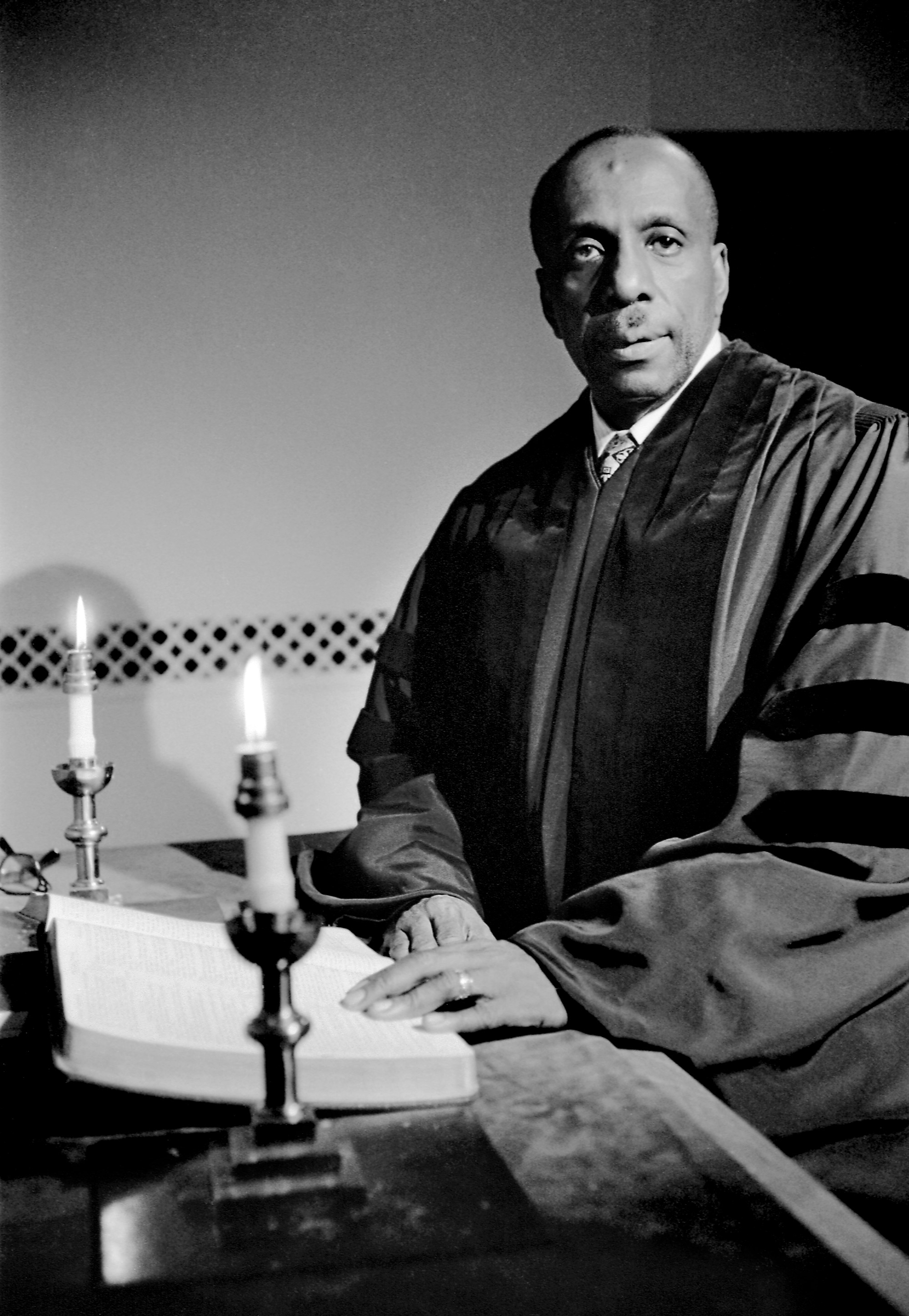
AFTERWORD:
Howard Thurman, 1899–1981 (from Rich Barlow, “Who Was Howard Thurman?”, Boston University Today, January 7, 2020)
“In 1944, Thurman cofounded San Francisco’s Church for the Fellowship of All Peoples, the first integrated interfaith religious congregation in the United States. In 1953, he became the dean of Marsh Chapel, the first black dean at a mostly white American university, mentoring, among many others, Martin Luther King, Jr. (GRS’55, Hon.’59) as he developed his philosophy of nonviolence.
Yet Thurman didn’t live the dramatic public activism of King or suffer a similar martyrdom. In fact, critics called him a backbencher in the Civil Rights Movement, more preoccupied with mystical meanderings than frontline protesting. Thurman countered that the first order of social change was changing one’s individual internal spirit. ‘He rather gently and powerfully moved through the world in a spirit of grace, dignity, and humility,’ says Walter Fluker (GRS’88), the School of Theology Martin Luther King, Jr., Professor of Ethical Leadership, who published Thurman’s papers, taught a seminar on the man last semester, and wrote his dissertation on Thurman and King.
Who exactly was Howard Thurman?
In an interview shortly before his death, Thurman said he caught the ‘contagion’ of religion from his grandmother, who cared for him after his father died when Thurman was seven and his mother became the family breadwinner. His grandmother recited for Howard the mantra of the black preacher she’d heard as a child on her owner’s plantation: ‘You are not slaves. You are not niggers. You’re God’s children!’ His grandmother’s charismatic rendition, Thurman told the interviewer, inspired in him the belief that ‘the creator of existence also created me.’
That belief took him to Morehouse College in Atlanta, then to seminary and a series of jobs as pastor and professor. His first pastorate after his 1925 ordination as a Baptist minister, in Ohio in the 1920s, led to study with Quaker pacifist Rufus Jones, which Thurman said changed his life. His thinking was honed by a 1935 trip to India with other African Americans to meet Mohandas Gandhi, who completed Thurman’s conversion to nonviolent social activism.
Thurman’s association with Martin Luther King, Jr., predated BU. Thurman and King’s father, an Atlanta minister, were friends when the young King was growing up. ‘Thurman was at the King home many times,’ says Vita Paladino (MET’79, SSW’93), former director of the Howard Gotlieb Archival Research Center, which houses King’s donated papers. Their BU time overlapped for only a year, and King considered his father and Thurman a different, older generation, Paladino says. Nonetheless, King carried Jesus and the Disinherited, Thurman’s most important book, while leading the 1955–56 Montgomery bus boycott.
Published in 1949, the book argues that Jesus taught the oppressed a faith-based unconditional love that would enable them to endure their oppression. Thurman’s message moved not only King, but Jesse Jackson, who in 1982 penned an essay for a postmortem tribute to Thurman by BU. Jackson the activist wrote that he’d been drawn to Thurman the academic by his insistence that ‘if you ever developed a cultivated will with spiritual discipline, the flame of freedom would never perish.’”
